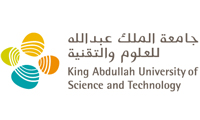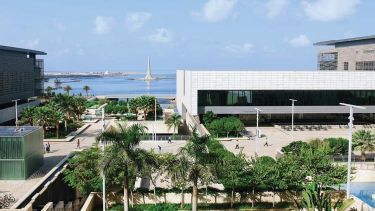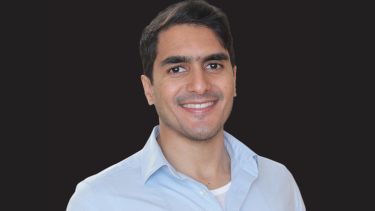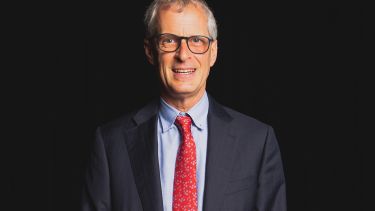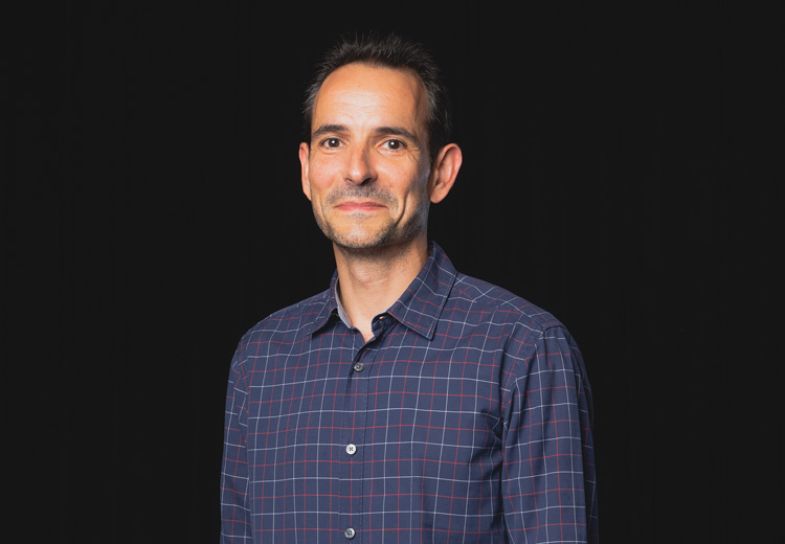
Jorge Gascon, professor of chemical engineering
Professor Jorge Gascon took a somewhat unconventional route into his scientific career. When he finished his master’s degree at the University of Zaragoza, he was convinced that he wanted to work in industry. However, during an internship with pharmaceuticals company Bayer, he discovered that the jobs he found most appealing were being taken by doctors. As such, he returned to Zaragoza to complete a PhD in chemical engineering. He has remained in academia ever since.
Gascon’s research predominantly concerns catalysis. The applications for this research are numerous, with catalysts having a wide variety of industrial uses. In Gascon’s work, he and his team develop the substances that make catalysis not only possible but also economically viable.
Building on many years of success in the field of catalysis, Gascon’s work aims to solve one of society’s most pressing issues: carbon dioxide emissions. His research explores ways of developing new catalysts that will transform carbon dioxide from a contaminant into a feedstock from which it is possible to make several interesting products.
Gascon’s team is putting a lot of effort into making gasoline from carbon dioxide and finding technologies that will transform it into everyday solid polymers. If this allows carbon dioxide to become part of the production chain, it will play a vital role within the circular economy of the future.
For decades, catalysis has been a driver of both economic and medical progress. From playing an essential role in the synthesis of ammonia to preventing car exhausts from choking the planet, catalysis has been at the cutting edge of product development. Gascon’s research is helping to ensure that this remains the case for years to come.
Find out more about Jorge Gascon's research at KAUST.
